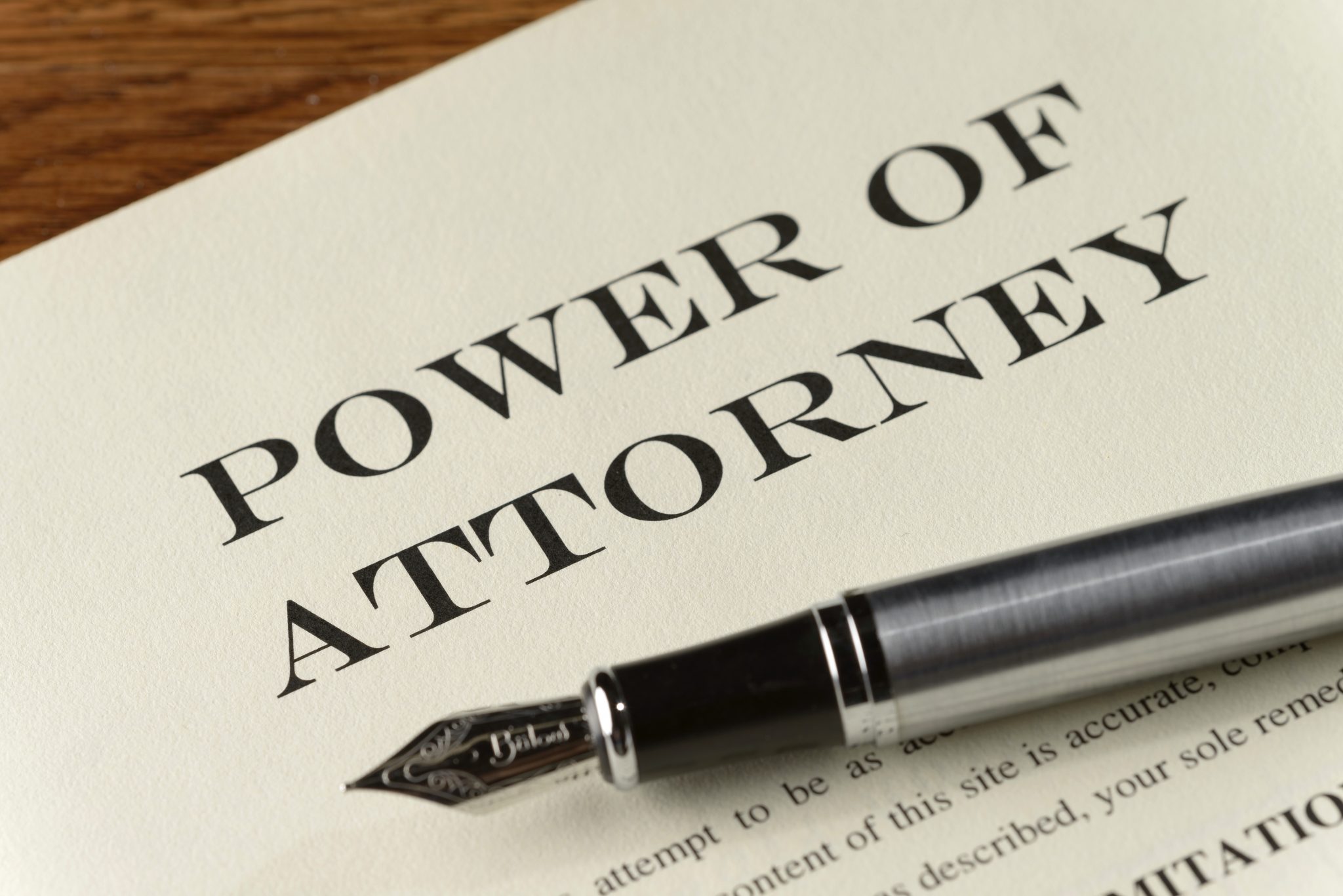Media Coverage
City, victim complete $2M accident settlement

Taibi Law Group Blog
There Is Nothing “Standard” About a Contract: Why Custom Agreements Matter More Than Ever

The time for 2022 Health Insurance Open enrollment is here

Taibi Law Group News
Anthony Taibi published in Trial Briefs Magazine

Anthony Taibi is keynote speaker at University of Connecticut School of Law
| View All | |||
Adult Guardianship vs Powers of Attorney by Rob Pochapsky |
|||
Attorney Rob Pochapsky is of Counsel with the Taibi Law Group
Many of us have a General or Durable Power of Attorney. A POA can make it much easier on our families if accident or illness impairs a loved one’s cognitive function to the point where they are unable to make informed choices for their own care or financial management - or are unable to communicate those choices. A POA must be created and executed while that person has legal capacity. When I draft wills for my clients, I always encourage them to create a POA.
What happens if one does not have a POA and is later injured and loses cognitive function (think car crash with head trauma) or is diagnosed with dementia? In general, once cognitive function is significantly impaired, one no longer has the legal capacity to create a POA. Situations like this are where guardianship may be necessary.
There is a subtle difference between the authority given in a POA and that of a guardian: a POA is essentially a private contract while guardianship is court ordered. This difference can be important. For example, financial institutions or medical providers may ignore a POA without worry or liability, but ignoring a guardian’s directive is, in essence, violating a court order and can be ultimately be enforced with civil contempt proceedings. This means that in certain situations, even if a person has executed a POA, it may be necessary to file a petition asking a court to find that the person is incompetent and order a Guardian be appointed on their behalf. A common example of where this becomes necessary is when a patient has a condition that requires electroconvulsive therapy (ECT), but the medical provider determines the patient is not competent to give informed consent. In this situation, the medical provider may decide that an agent’s power to give informed consent under the POA is not enough and that a Guardian must give informed consent before the medical provider can begin treatment. This can be true even if the patient is a spouse.
Another subtle difference between powers of attorney and guardianships relates to trust and oversight. When a person executes power of attorney and appoints an agent under, that agent generally has authority immediately (meaning the agent can move your money or sell assets). Even if you are certain that the friend or family member you appoint as your agent is trustworthy, there is little oversight over that agent’s acts. If one has accumulated wealth, agents may do surprisingly bad things which may not be discovered until long after those problems can be corrected.
When one has a court-appointed financial guardian (called a guardian of the estate), that guardian has a fiduciary duty to the ward. Also, there is court oversight. The guardian must submit regular accountings with the court that show assets, income, and disbursements of the estate in detail.
The take-away? You need a POA but be sure your agent knows the POA’s limits.
|


